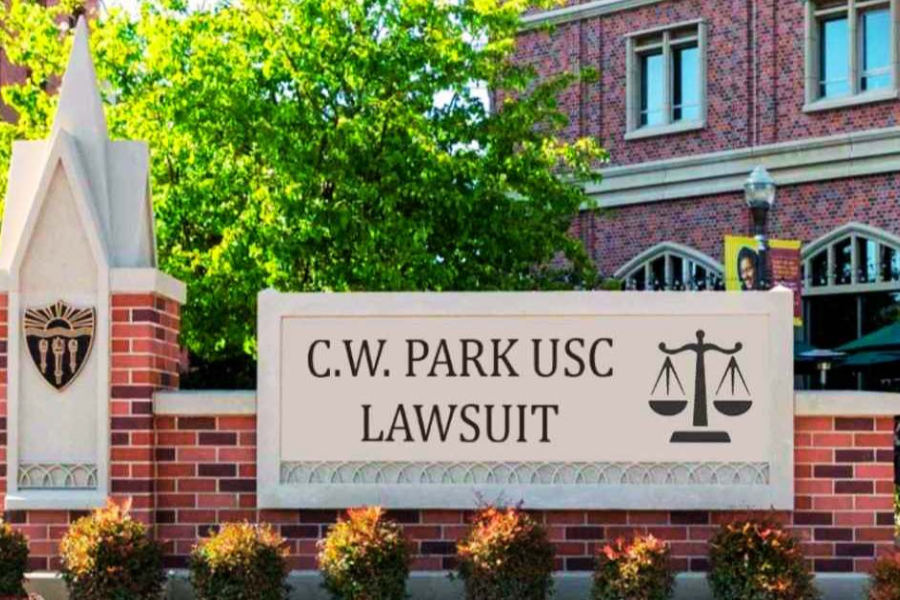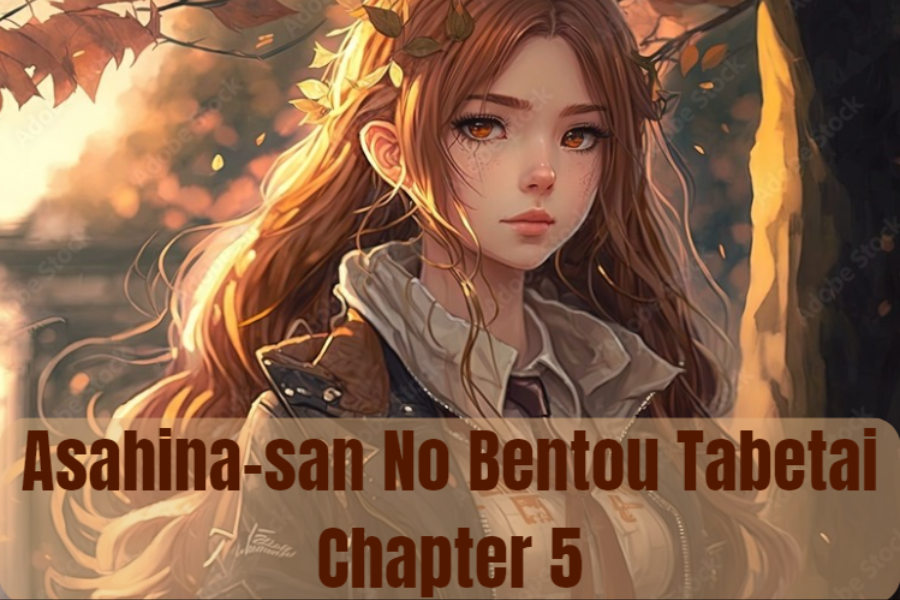Introduction
In the dynamic realm of higher education, the C.W. Park USC Lawsuit has emerged as a pivotal focal point of legal scrutiny, casting a spotlight on the College of Southern California (USC). This article delves deep into the intricate layers surrounding the case, offering an in-depth exploration of its background, USC’s responses to prior allegations, the parties affected, anticipated outcomes, potential ramifications for higher education, and USC’s implementation of new policies.
Background History of the Case
The genesis of the C.W. Park USC Lawsuit stems from allegations made against Professor C.W. Park in April 2021. Jane Doe, among others, accused Park of persistent sexual assault over a period of three years starting in 2011. The lawsuit details disturbing patterns of behavior, including inappropriate comments and non-consensual physical contact, painting a troubling picture that warrants closer examination.
Response to Prior Allegations: USC’s Actions and Measures
USC’s response to past charges of sexual harassment and assault is crucial in understanding the context of the current lawsuit. It underscores the university’s responsibilities in ensuring student safety and providing adequate support for victims. This section explores USC’s handling of similar cases, the efficacy of measures taken, and the broader implications for institutional accountability.
Parties Affected: Impact on Individuals and Groups
The effect of the C.W. Park USC Claim reaches out past lawful limits, influencing different partners inside and outside USC. Understudies, personnel, overseers, graduated class, and the local area in general draw in with the procedures in particular ways. The claim additionally raises complex issues of segregation and counter, possibly affecting professions and insights inside scholarly community.
Higher Education and USC’s Policy Changes
The claim presents difficulties to USC’s standing and brings up more extensive issues about institutional strategies with respect to understudy wellbeing and staff lead. USC has answered by carrying out new methods pointed toward forestalling future episodes. Nonetheless, the viability of these actions stays a subject of investigation and discussion.
Challenges for Higher Education: Repercussions and Legal Ramifications
The repercussions of the C.W. Park USC Claim are not bound to USC alone yet reach out to advanced education organizations across the country. The case has suggestions for trust in instructive organizations’ treatment of sexual wrongdoing and could shape future lawful activities and approaches in regards to Title IX freedoms and separation in scholarly community.
Charting New Horizons: Key Issues in the Lawsuit
- The Claims: Teacher C.W. Park affirms segregation in light of race and reprisal by USC authorities, provoking the college’s obligation to variety and balance.
- Scholastic Opportunity In question: The claim raises worries about scholarly opportunity and the capacity of employees to communicate their perspectives unafraid of response.
- Institutional Reaction: USC has guarded its obligation to variety and equity while promising to enthusiastically challenge the charges. The result of this fight in court will impact how colleges maintain commitments of value and scholarly opportunity.
Conclusion
In the continuous talk on liability inside advanced education, the C.W. Park USC Claim holds huge significance. As judicial actions unfurl, partners should stay informed about improvements forming this story. The case fills in as a sign of the significance of straightforwardness, responsibility, and resolving key issues inside instructive organizations depended with molding people in the future.
The developing scene of scholarly obligation highlights the requirement for consistent assessment and improvement in strategies and practices to encourage a protected and comprehensive climate for all individuals from the college local area. As the story keeps on creating, it prompts reflection on how foundations can maintain their responsibilities to value, variety, and scholarly opportunity even with complex lawful and moral difficulties.
FAQs
What is the C.W. Park USC Lawsuit about?
The C.W. Park USC Lawsuit centers around allegations against Professor C.W. Park, who is accused of persistently sexually assaulting Jane Doe over three years beginning in 2011. The lawsuit includes claims of inappropriate comments and non-consensual physical contact by Park, raising significant legal and ethical questions within the University of Southern California (USC).
Who is Professor C.W. Park?
Professor C.W. Park is a faculty member at the University of Southern California (USC), known for his expertise in consumer behavior and marketing. He is the central figure in the lawsuit, facing serious allegations of sexual misconduct and discrimination.
What are the main allegations in the C.W. Park USC Lawsuit?
The main allegations in the lawsuit include sexual assault, inappropriate comments, and non-consensual physical contact. Jane Doe and other women have accused Park of using his position of authority to coerce them into sexual relationships and targeting female Korean-American students.
How has USC responded to the allegations against Professor C.W. Park?
USC has responded by implementing new procedures aimed at preventing future incidents of sexual misconduct. The university has defended its commitment to diversity and equality and has vowed to vigorously contest the allegations. USC has also initiated internal investigations to address the issues raised in the lawsuit.
What impact does the lawsuit have on USC and its community?
The lawsuit has far-reaching implications for various stakeholders within and outside USC, including students, faculty, administrators, alumni, and the broader community. It raises complex issues of discrimination and retaliation, potentially affecting careers and perceptions within academia.
What are the potential ramifications of the C.W. Park USC Lawsuit for higher education?
The repercussions of the lawsuit extend beyond USC, potentially affecting higher education institutions nationwide. The case could influence policies and legal actions regarding Title IX rights, discrimination, and the handling of sexual misconduct in academia. It underscores the importance of institutional accountability and transparency.
What new policies has USC implemented in response to the lawsuit?
In response to the lawsuit, USC has implemented new procedures and plans aimed at preventing future incidents of sexual misconduct and ensuring student safety. The effectiveness of these measures is still a subject of scrutiny and debate.
How does the lawsuit relate to issues of academic freedom?
The C.W. Park USC Lawsuit raises concerns about academic freedom, particularly regarding the ability of faculty members to express their views without fear of retaliation. It questions USC’s commitment to protecting academic freedom and ensuring a safe environment for intellectual discourse.
What are the key issues at stake in the lawsuit?
The key issues at stake include allegations of racial discrimination, retaliation, and the broader implications for diversity and equality within USC. The lawsuit also highlights the need for institutions to actively address any discrimination and uphold their commitments to equity and intellectual freedom.
How can stakeholders stay informed about developments in the lawsuit?
Stakeholders can stay informed by following updates from reliable news sources, USC’s official communications, and legal proceedings related to the case. Engaging with the ongoing discourse about responsibility and obligation within higher education is crucial for understanding the broader implications of the lawsuit.
What lessons can educational institutions learn from the C.W. Park USC Lawsuit?
Educational institutions can learn the importance of transparency, accountability, and addressing fundamental issues related to sexual misconduct, discrimination, and academic freedom. The lawsuit underscores the need for continuous evaluation and improvement in policies and practices to foster a safe and inclusive environment for all community members.



